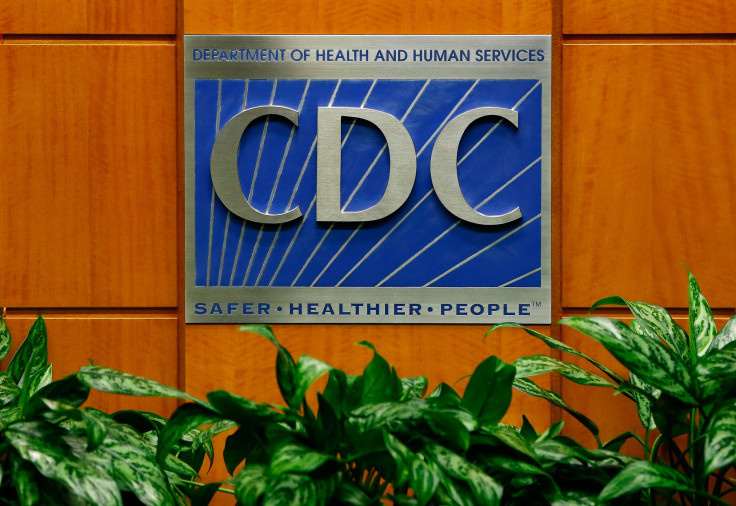What Is RSV? Virus With COVID-Like Symptoms Spreading In Southern US
KEY POINTS
- RSV is not a new virus and it affects thousands of people each year
- The CDC warned of an increase in RSV cases in southern states since late March
- Quite like COVID-19, RSV primarily spreads through respiratory droplets
The Centers for Disease Control and Prevention (CDC) has issued an alert about a virus with symptoms similar to that of COVID-19. It's called respiratory syncytial virus (RSV), and authorities have recently witnessed an increase in cases in southern U.S. states.
RSV is not a new condition, it is actually the most common cause of bronchiolitis and pneumonia in children under one year in the U.S., the CDC said in its health advisory. Each year, the virus causes about 58,000 hospitalizations and 100-500 deaths in children younger than five years. Among adults who are 65 years old and above, it causes 177,000 hospitalizations and 14,000 deaths each year.
The virus is transmitted through respiratory droplets when someone sneezes or coughs, or by having contact with a contaminated surface. In the U.S., as well as other places with similar climates, such infections happen primarily in the fall, winter and spring.
RSV cases increasing in southern U.S. states
In 2020, there was a decline in RSV cases, likely because of the public health measures adopted for COVID-19. However, the CDC observed an increase in RSV cases since late March this year, particularly in the southern states.
"CDC noted increases in laboratory detections and in the percentages of positive detections for both antigen and PCR testing in parts of HHS Region 4 (Alabama, Florida, Georgia, Kentucky, Mississippi, North Carolina, South Carolina and Tennessee) and Region 6 (Arkansas, Louisiana, New Mexico, Oklahoma and Texas)," the advisory noted.
Covid-like symptoms
The CDC has advised clinicians to be aware of RSV symptoms in different age groups. For instance, in adults and older children, RSV symptoms tend to be mild and can "mimic" symptoms of the common cold such as sneezing, sore throat, low-grade fever and headache, the Mayo Clinic noted.
However, infants, older adults and those who are immunocompromised are more at risk of developing a severe infection. Symptoms of a severe RSV infection may include severe cough, wheezing, rapid breathing or difficulty in breathing and bluish color of the skin.
Infants younger than six months may also show symptoms such as irritability, poor feeding and lethargy, while older infants can have rhinorrhea and decreased appetite a few days before developing cough, according to the CDC.
"Due to reduced circulation of RSV during the winter months of 2020–2021, older infants and toddlers might now be at increased risk of severe RSV-associated illness since they have likely not had typical levels of exposure to RSV during the past 15 months," the CDC said.
"Powerful" viruses
RSV symptoms can be rather similar to that of COVID-19. The CDC is urging clinicians to consider testing for RSV or other respiratory pathogens if patients present these symptoms but test negative for COVID-19.
The agency also advised healthcare workers, including childcare providers and those who work in long-term care facilities, to not go to work if they're sick, even if they tested negative for COVID-19.
"You must remember viruses are pretty powerful," Dr. Valerie Scott, a doctor at Roper St. Francis Physician Partners Primary Care in South Carolina, said, CBS-affiliated WCSC TV reported. "We realized that as COVID brought us to our knees, but there are others that have been affecting us for years."

© Copyright IBTimes 2024. All rights reserved.






















